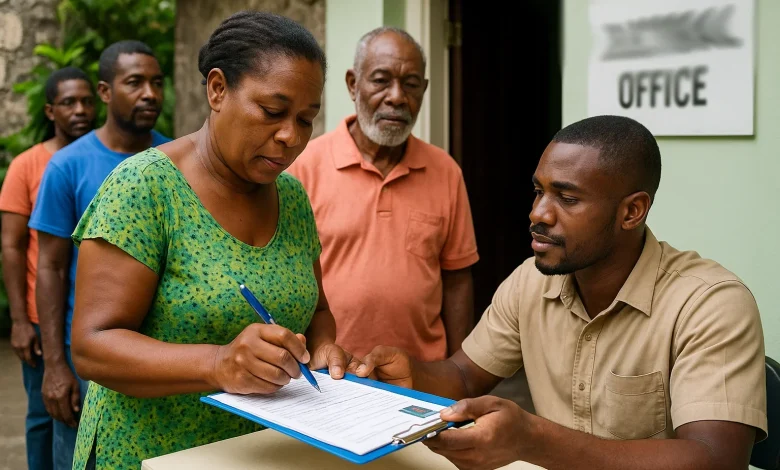Voter Registration in Dominica

In the Commonwealth of Dominica, voter registration is governed by the Registration of Electors Act and by the constitution, which sets out eligibility requirements and the responsibilities of the Electoral Office under the oversight of the Electoral Commission.
An individual must be 18 years or older, must be a citizen of Dominica or a Commonwealth citizen meeting specified residency criteria, and must have lived in the polling district for at least three months immediately preceding registration. Registration is not compulsory, but once registered an elector is eligible to vote in general elections.
Process and Administration
The Electoral Office manages the registration process. Applications are made at constituency or polling district offices, where candidates present proof of age, citizenship or residency. The electoral authority updates the national register, known as the Register of Electors, and uses it to compile the periodic published electoral lists. At designated registration centres and during voter-confirmation exercises, applicants may be required to bring valid identification such as a Dominican passport, driver’s licence or social-security card; Commonwealth citizens must provide valid passports and supplementary eligibility documentation.
In recent reform developments the Electoral Commission announced that, from 15 October 2025, a nationwide confirmation process will begin to update and revalidate the register, ensuring accuracy and alignment with the new Act.
Key Features and Qualification Criteria
Examples of qualification criteria for registration include:
- Must be 18 years of age at the time of registration.
- Must have lived in the constituency or polling district for at least three months (unless newly 18 within that period).
- Must not be disqualified: persons serving sentences of imprisonment, suffering from mental incapacities or otherwise declared disqualified are excluded.
Updating, Verification and Reform
The register is continually updated through additions (newly-eligible citizens) and removals (deceased persons, those relocated). Periodic public inspection is allowed, enabling objections and corrections. The 2025 confirmation exercise is part of recent electoral reform efforts to modernise voter-registration systems, improve transparency and rebuild public trust in the democratic process.
Significance and Challenges
Voter registration ensures that eligible citizens have access to their constitutional voting rights and helps validate electoral-lists accuracy and fairness. Yet challenges persist: ensuring full coverage of remote and rural districts, securing participation in the confirmation process, and managing logistics for document verification across all constituencies.




